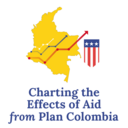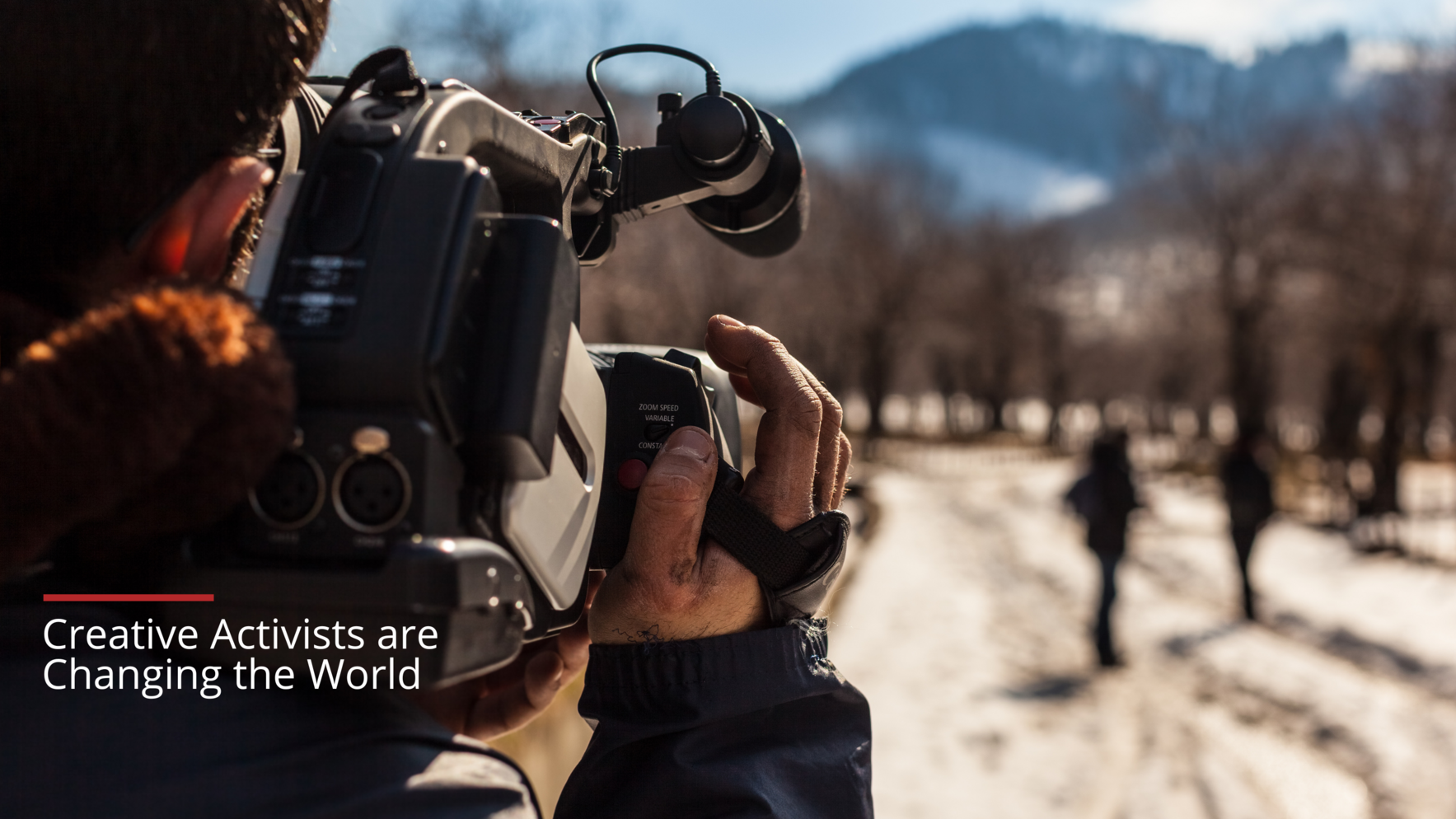
Charting the Effects of Aid from Plan Colombia's Fundraiser

Charting the Effects of Aid from Plan Colombia
Support critical research on how U.S. aid shaped Colombia's future.
Join me in telling the story of humanitarian aid, diplomacy, and international cooperation across the Andes.
Bill Clinton’s presidential administration developed strong ties between the United States and Colombia. As two countries dedicated to eradicating the spread of drugs and violence across the Andes, Clinton’s communications with Colombian President Andrés Pastrana were central to developing relationships based on solution-focused diplomacy mutually beneficial across borders. The Clinton Presidential Archives serve as central to my project as I analyze the conversational strategies used by Clinton and Pastrana. The Clinton Presidential Archives have audiovisual recordings of conversations that led to the formation of Plan Colombia, the fight against the War on Drugs, and armed conflict.
The primary objective of this project is to investigate how diplomatic speech and conversation framing influenced the development and implementation of Plan Colombia. Analyzing the rhetoric used by Clinton and Pastrana, I assess the effectiveness of their diplomatic engagement and how subsequent U.S. administrations continued to shape Plan Colombia's trajectory. I will contextualize how Plan Colombia evolved beyond the Clinton administration, examining its implications under both earlier and later presidents. I also hope to predict future relations between Presidents Donald Trump and Gustavo Petro.
My research will rely on sources from the Clinton Presidential Archives in Little Rock, Arkansas, including official transcripts and audio recordings of conversations between the two leaders, as well as visits to the libraries of Universidad de los Andes, Universidad del Externado, and additional archives that carry audiovisual recordings of presidents of both the United States and Colombia. I hope to cross-reference such materials with sources such as historical analyses of Plan Colombia, congressional reports, and diplomatic correspondence to understand the greater context. Conversational analysis will be applied to identify patterns in persuasive tactics and framing strategies used in negotiations.
I hope this project contributes to the fields of diplomatic history, political communication, and Latin American studies. By shedding light on the role of language in international negotiations, it will offer insights into how speech influences policy outcomes. I hope to present the culmination of a journal article and multimedia presentation at a future iteration of the Young Diplomats Forum, the Consejo Latinoamericano de Ciencias Sociales, and additional presentations. Furthermore, I look forward to developing a montage of the conversations to share with interested researchers and, in the future, the greater public.